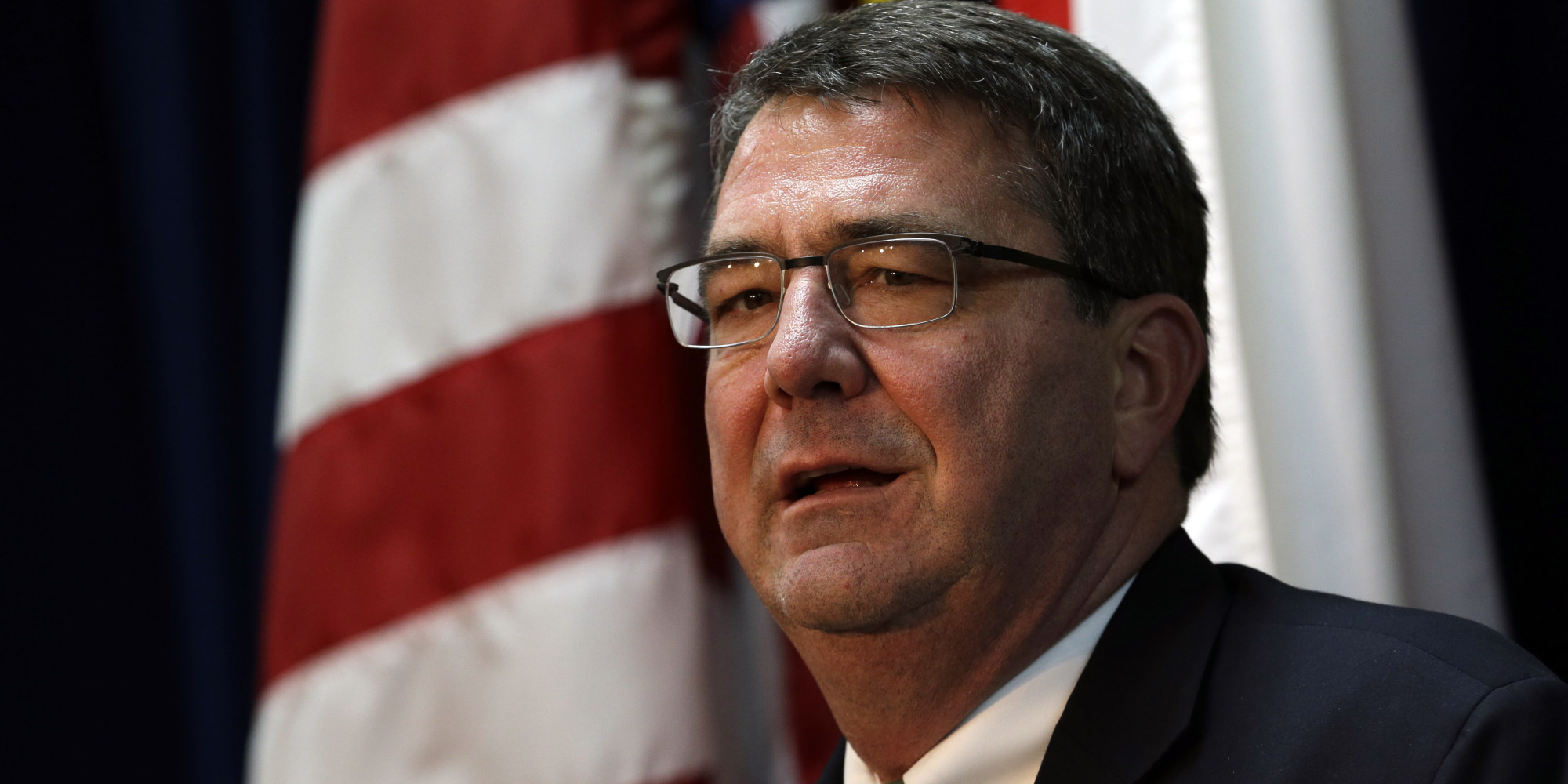
US Defense Secretary Says Israel Saved US Soldiers’ Lives
US Defense Secretary Ashton Carter said ahead of Prime Minister Benjamin Netanyahu’s arrival in Washington next week that although the United States and Israel view the Iran deal differently, they have to continue cooperation in all other matters concerning Iran.
In an interview with journalist Jeffrey Goldberg, published Tuesday in The Atlantic, Carter said: “We have to move on to the business we have in common and that means – specifically with respect to Iran – working together to counter their other malign activities in the region, which are just as worrying to us as they are to Israel, as well as monitoring the implementation of the agreement.”
In the interview Carter said that following his visit to Israel in July, and the reciprocal visit of Defense Minister Ya’alon in Washington last week, the dialogue between the partners had expanded beyond the Iranian issue to cover cyberwar and Hezbollah’s missile threat.
Israeli innovations have saved many American lives
The US Defense Secretary praised Israeli innovations in the military domain which help, according to him, the US military. “It’s a two-way relationship. There’s no question that it’s not symmetric, but it is two-way – we really do get things from the Israelis in technology,” he said.
“I hesitate to make invidious comparisons, but if you’re making comparisons to, say, the European legacy arms (industry), the guys who have made the tanks and planes and ships in Europe, they’ve been very slow to come out of the industrial age. The Israelis you will find to be more clever and more innovative.”
Carter presented as an example the Israeli solution to improvised explosive devices (IEDs) which killed many US soldiers in Iraq. “The Israelis were really quite ingenious in this area and we got a lot from them. There’s no question that lives were saved as a consequence of their (help). They’re not good in everything across the board, but they’re as good as us in some areas. They’re in a league that has very few members.”
At the meeting next week between President Obama and Prime Minister Netanyahu the issue of maintaining Israel’s qualitative military edge will likely be raised. Carter pointed out that Israel receives better quality weapons than all the Sunni countries combined. He added that Israel doesn’t believe the Saudis and other Arab states will use sophisticated American weapons against them. “They worry about rogue officers taking off in a one-off thing, right up to regime change, or whatever you want to call it, in Saudi Arabia, and having an entirely new show there.”
The father of the “bunker-buster bomb”
Regarding the Iranian threat to Israel the secretary of defense emphasized: “Maybe if Iran were a neighbor of Israel, and it had a military of substantial size, even though nothing like the sophistication of Israel’s… Plus a long border that would have to be defended, and it were running around calling Israel the little Satan, son of the great Satan, then I would say that that’s a serious problem akin to what Israel had with Jordan, Syria, and Egypt in the old days. It just so happens that Iran is not a neighbor, and therefore the way that Iran attacks is more indirect. Of course, it doesn’t feel that way if a rocket is coming in from Hezbollah in the north, but you know what I mean.”
To emphasize that the military option is still on the table, Carter mentioned in an interview that as undersecretary for acquisition, technology, and logistics in the early years of the Obama administration, he was the father of the MOP, the massive ordnance penetrator, designed to penetrate Iran’s underground nuclear facilities. “It was an order from above”, alluding to the White House, “and the order is to continue to improve it, and that’s what I do.”
Carter is described in the article as having better relations with Prime Minister Benjamin Netanyahu than anyone else in the White House except, perhaps, Vice President Joe Biden. During Netanyahu’s meeting with the defense secretary in July, they realized that they attended rival high schools in Philadelphia. “We started talking about the local sports teams and things like that,” Carter said.


